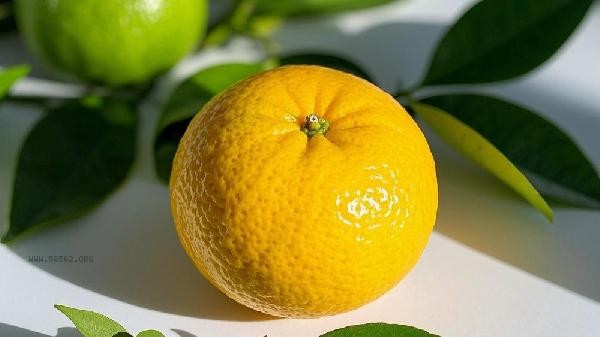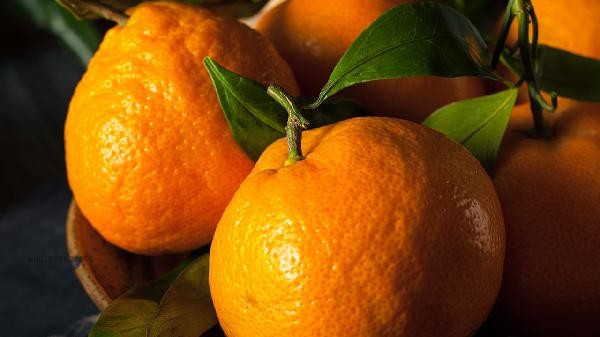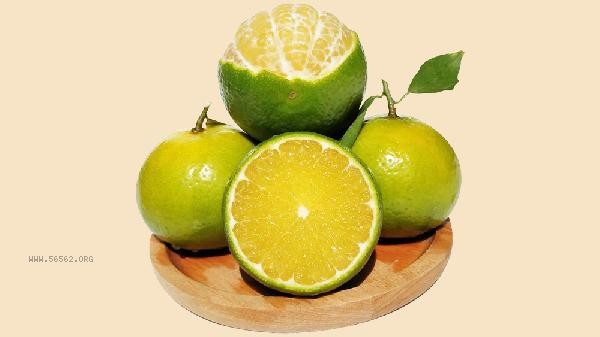After being juiced, oranges still retain most of their nutrients, but some nutrients may be lost due to oxidation or filtration. Orange juice contains active substances such as vitamin C, potassium, flavonoids, etc., but the dietary fiber content will be significantly reduced. During the production process of orange juice, water-soluble vitamins such as vitamin C can be retained, but prolonged exposure to air can lead to oxidative loss. The heat generated by high-speed stirring may damage small amounts of heat sensitive nutrients, such as some B vitamins. Flavonoids, limonoids, and other plant active substances are dissolved in fruit juice, but the insoluble dietary fiber in the flesh is filtered out, reducing its promoting effect on gastrointestinal motility. Commercial orange juice may undergo high-temperature sterilization and long-term storage, resulting in more significant loss of nutrients. If freshly squeezed fruit juice is consumed immediately, it can maximize the retention of nutrients. Cloudy fruit juice with fruit residue retains more dietary fiber and antioxidant components than clarified fruit juice. Adding sugar to fruit juice can reduce its nutritional value and increase calorie intake.

It is recommended to prioritize consuming whole oranges to obtain all dietary fiber. When juicing, choose a low-speed extraction method and drink as soon as possible. Special groups such as diabetes patients need to control their juice intake to avoid blood sugar fluctuations. In daily diet, fruit juice can be consumed alternately with whole fruits, which not only meets the taste requirements but also balances nutrition.











Comments (0)
Leave a Comment
No comments yet
Be the first to share your thoughts!